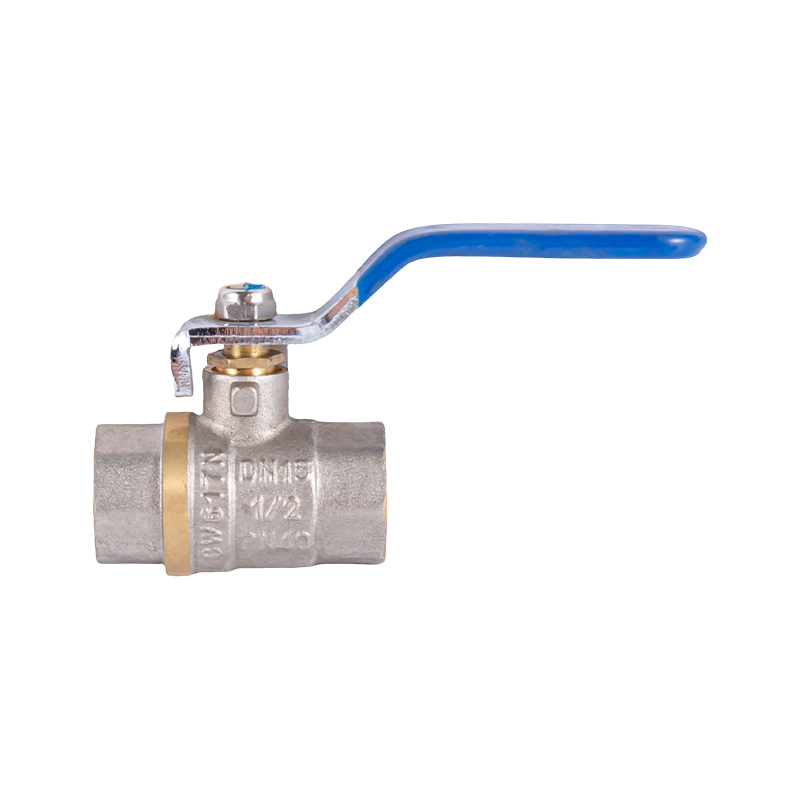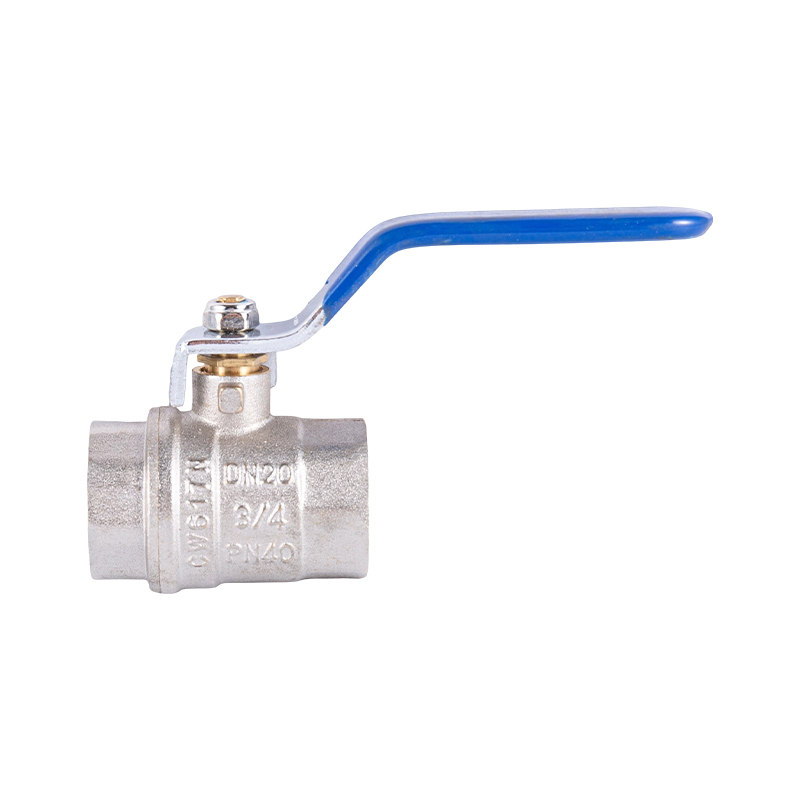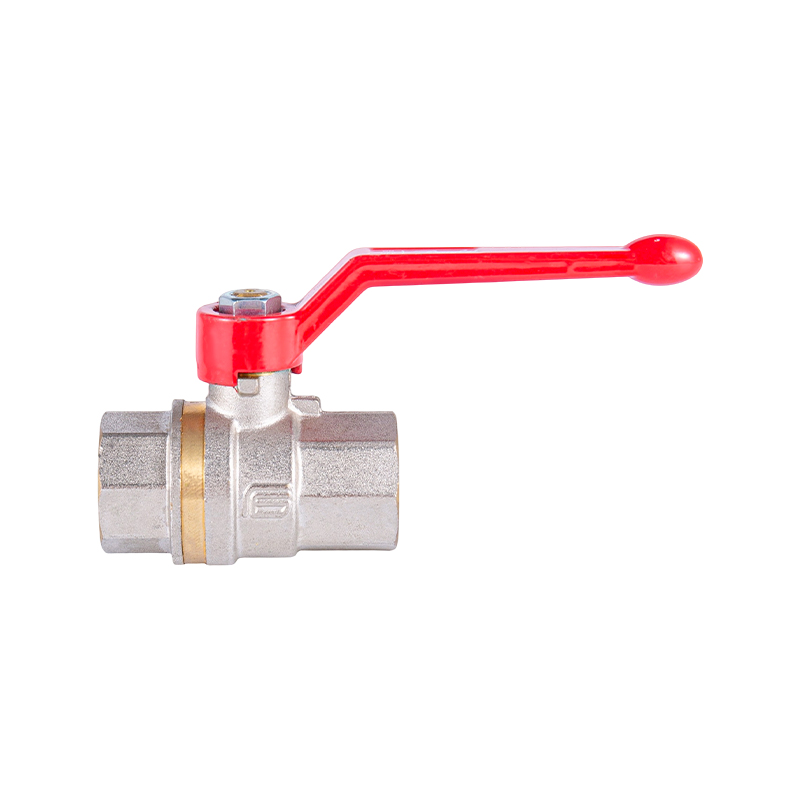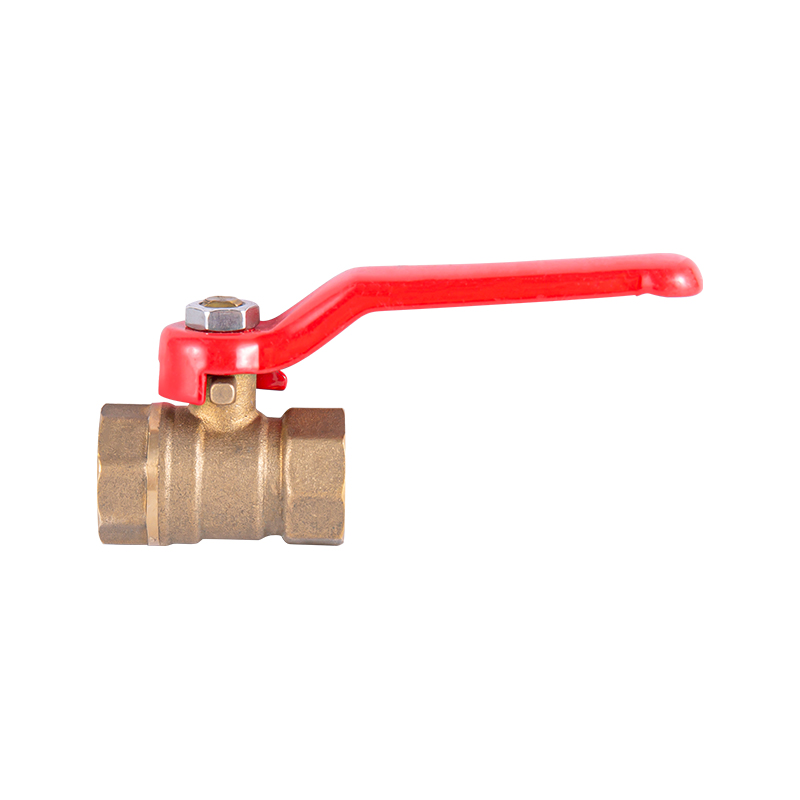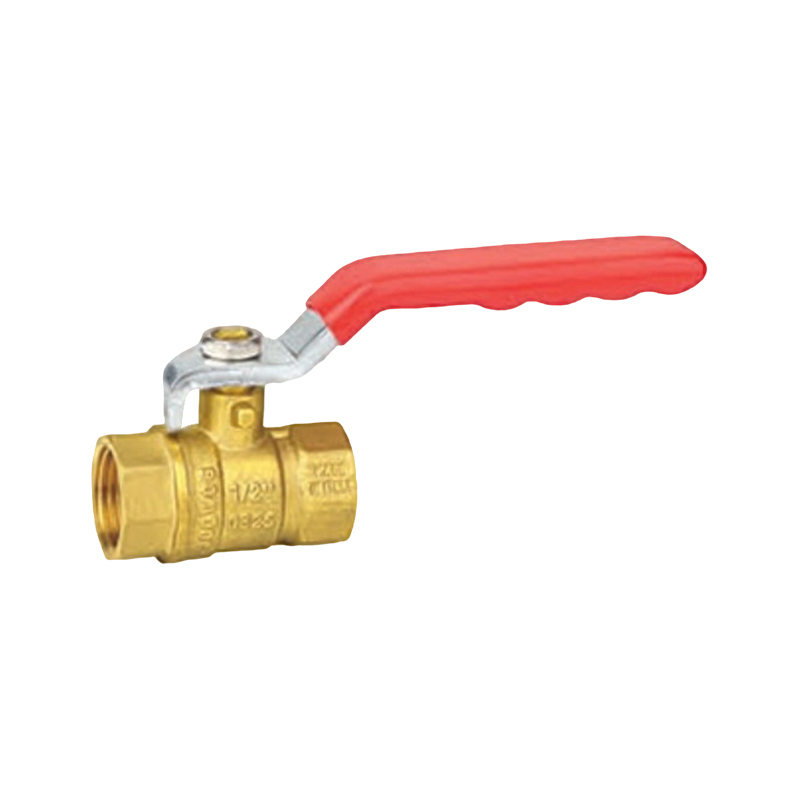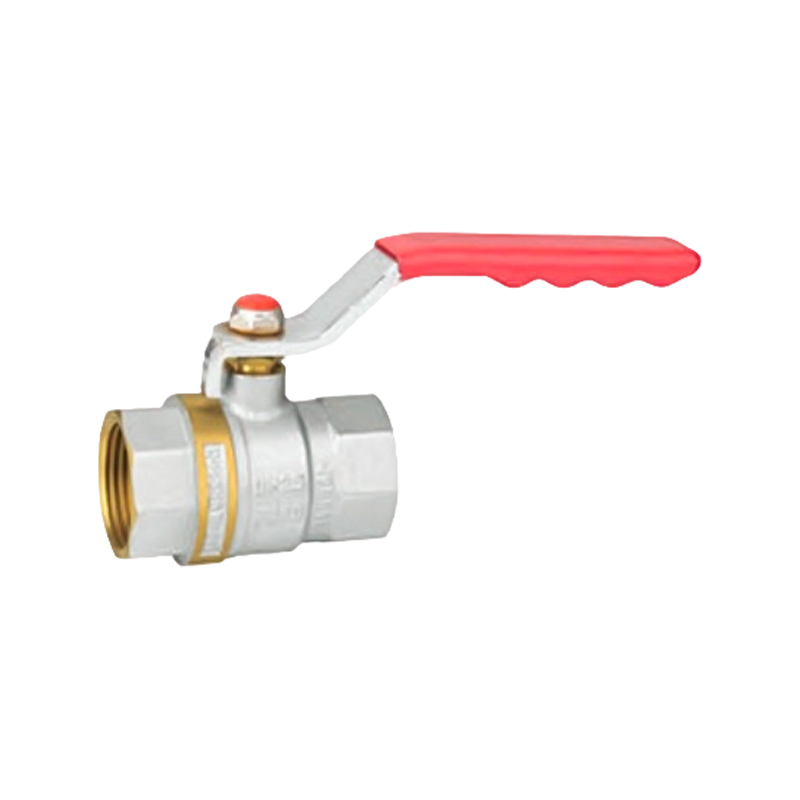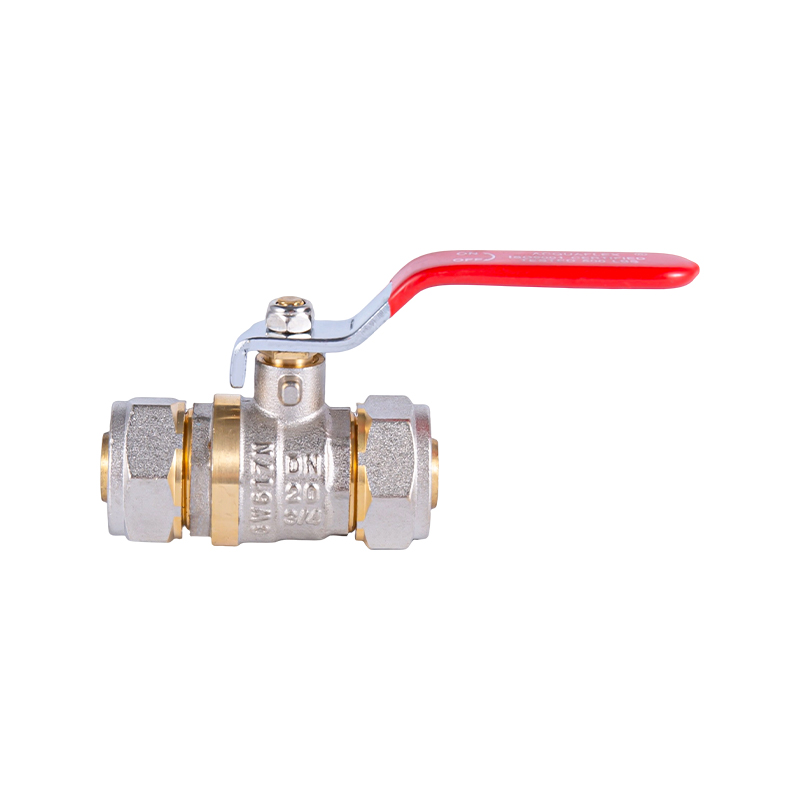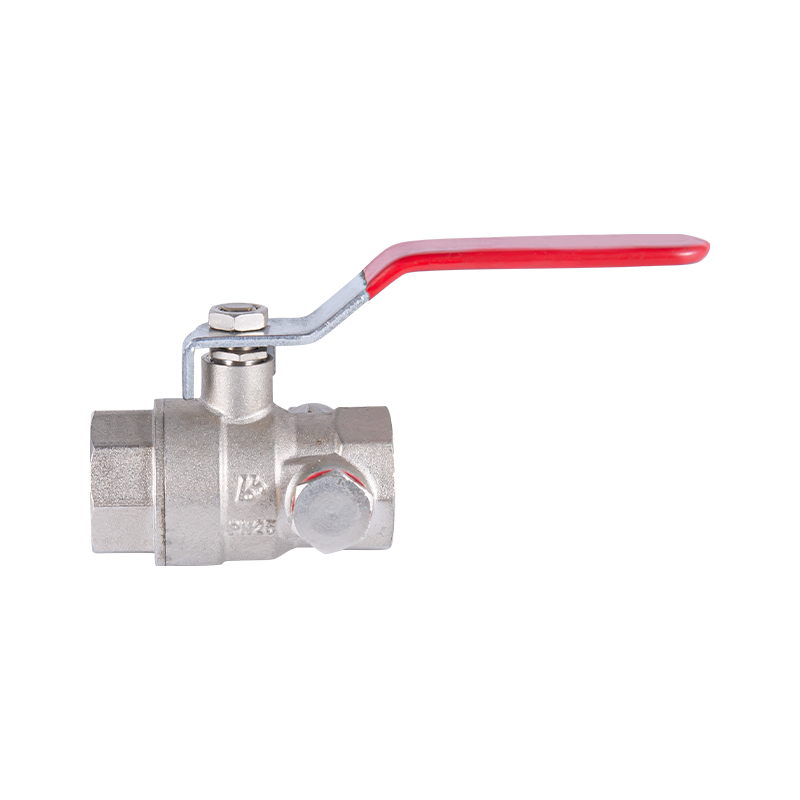Why Ball Valves Are Widely Used in Residential Plumbing Systems?
In modern residential plumbing systems, ball valves have become a popular choice among homeowners and plumbers alike. Their widespread use is attributed to their simple design, reliable operation, and versatility in controlling water flow. Whether in new construction or home renovations, valves offer practical advantages that make them well-suited for residential applications. This article explores the reasons behind the growing use of valves in homes and why they continue to be a preferred option for plumbing systems.
One key reason ball valves are widely used in residential plumbing is their simple and intuitive operation. The valve handle typically turns a quarter turn (90 degrees) to open or close the water flow. This quick action allows homeowners and professionals to easily control plumbing systems without the need for complicated adjustments or tools.
Compared to other valve types that may require multiple turns or precise settings, valves offer a fast and user-friendly solution for water control.
Ball valves are known for providing a tight seal when closed. The spherical design allows the valve to completely stop the flow of water without leaks, making them highly reliable for use in residential plumbing. This leak-proof feature is essential in preventing water damage, especially in areas where pipes connect to appliances or fixtures.
Because of their dependable shutoff, ball valves are often installed in critical points such as under sinks, near water heaters, or at main water supply lines.
Made typically from materials like brass, stainless steel, or plastic, ball valves are built to last. Their simple design means fewer parts are subject to wear or damage. This durability is valuable in residential settings where plumbing components need to withstand daily use and occasional pressure changes.
Homeowners benefit from fewer repairs and replacements over time when valves are part of the plumbing system.
Another advantage of ball valves is their versatility. They can be used for both hot and cold water lines, making them suitable for various household plumbing needs. Additionally, valves come in different sizes and connection types, allowing them to fit a wide range of pipes and fixtures.
This adaptability means plumbers can install ball valves in bathrooms, kitchens, laundry rooms, or outdoor irrigation systems with ease.
Because of their simple mechanism and sturdy construction, ball valves require minimal maintenance. They are less prone to clogging or corrosion compared to some other valve types. This low-maintenance need is attractive for homeowners who prefer reliable plumbing components that don’t demand frequent attention.
While not always the cheap option upfront, valves offer long-term cost savings due to their durability and leak prevention. Avoiding water leaks reduces potential damage and costly repairs, making ball valves an economical choice for residential plumbing systems.
Ball valves are engineered for swift installation and effortless replacement, making them a preferred choice in plumbing. Their compatibility with standard connection methods, like threaded and compression fittings, streamlines the plumbing process, thereby reducing both time and labor expenses during home construction or maintenance.
In the event that a ball valve requires replacement, the procedure is remarkably simple, typically necessitating only a few common tools. This simplicity is a testament to their user-friendly design.
The prevalence of ball valves in residential plumbing is attributed to their straightforward operation, dependable shut-off capabilities, robustness, and adaptability. They offer a reliable and efficient means of managing water flow within homes, enhancing the safety and efficiency of plumbing systems.
As homeowners and professionals alike seek plumbing components that are both easy to use and durable, ball valves continue to be a top pick. Their advantages are well-suited to the needs of contemporary residential plumbing, ensuring their enduring role in home water systems for the foreseeable future.
-
Feedback


 English
English 中文简体
中文简体 русский
русский Email us now!
Email us now!
